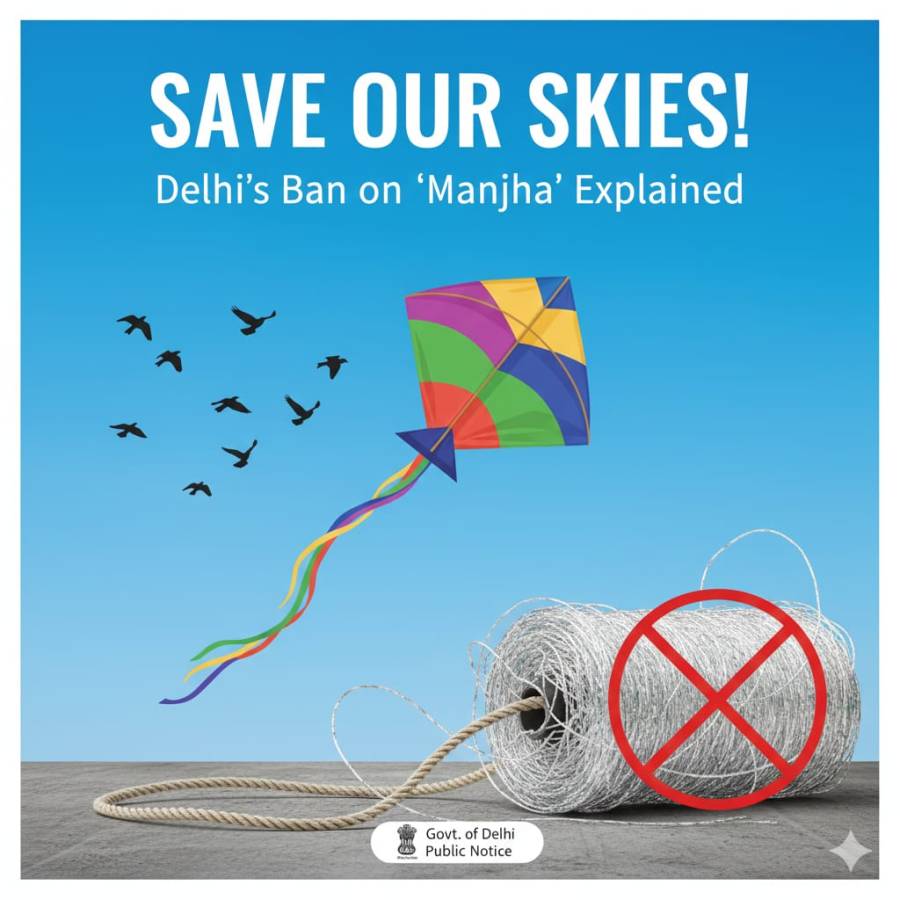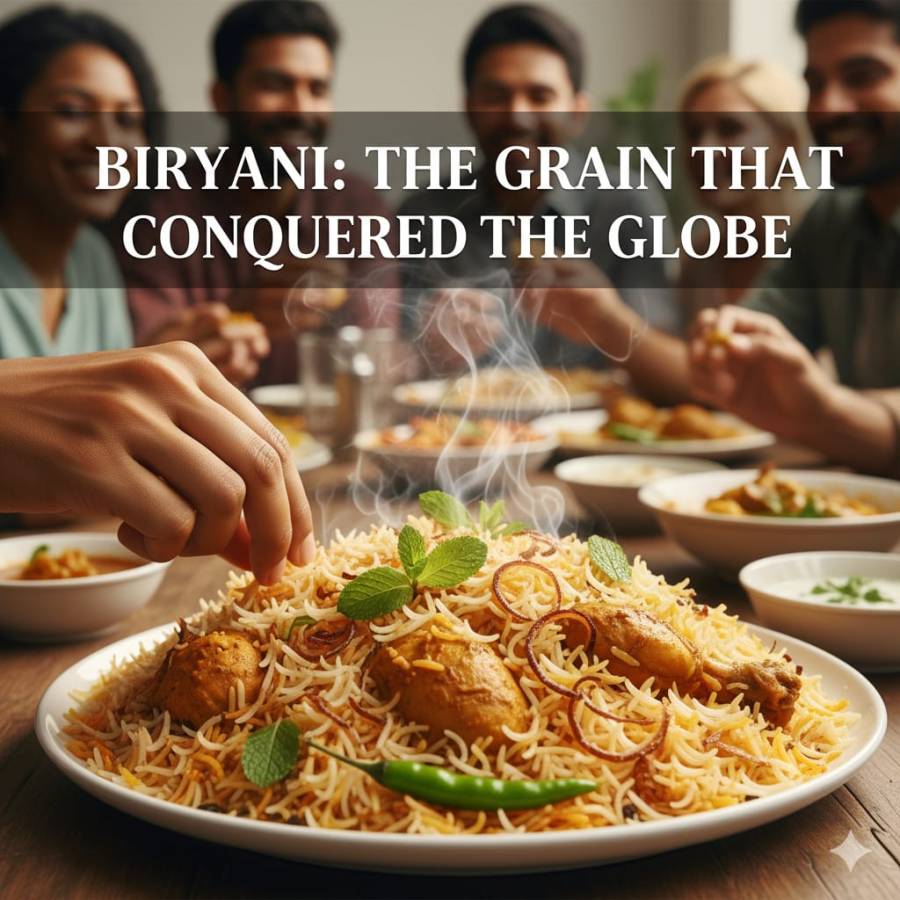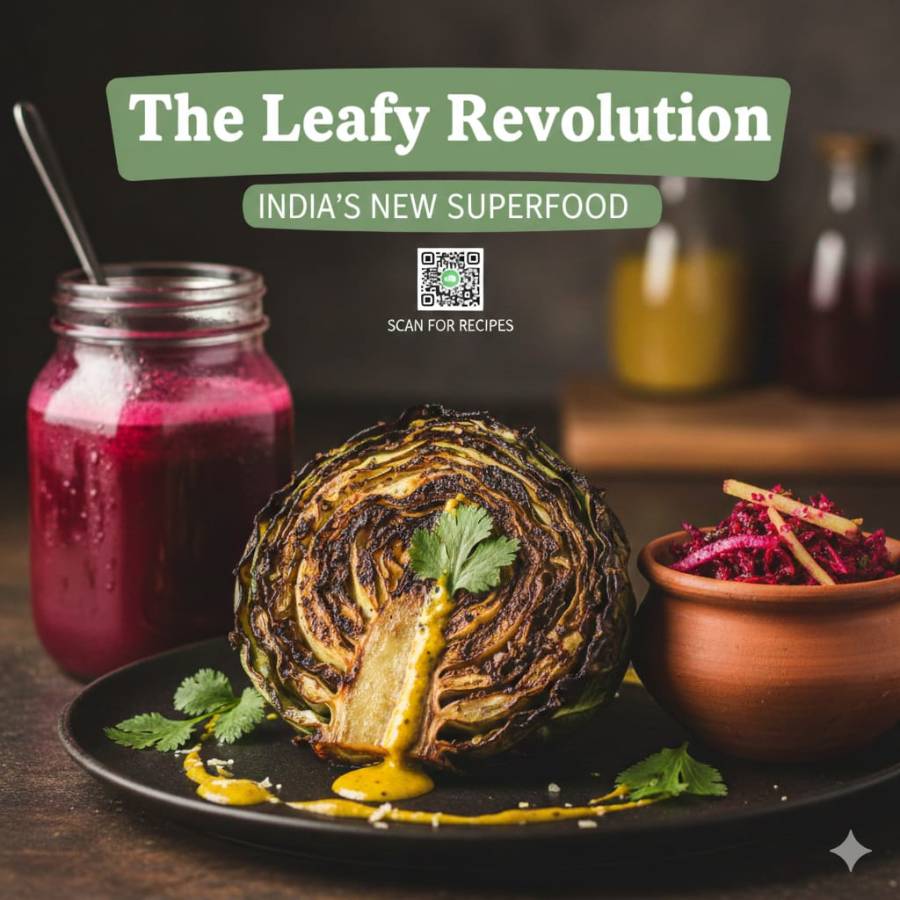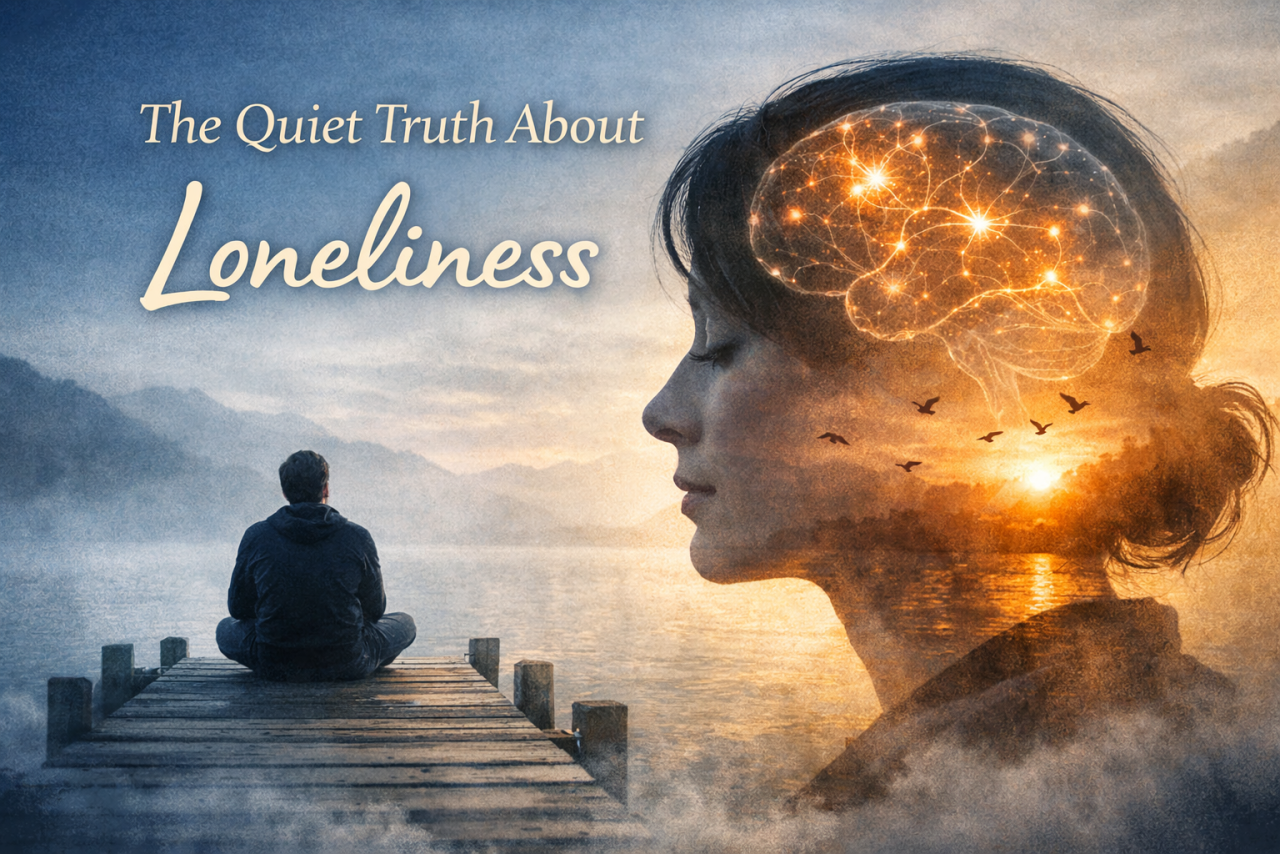
Imagine waking up each day, unsure whether your reflection will betray you again. Imagine walking down school corridors while whispers turn to laughter. Now imagine finding strength through all of it—not just for yourself but for an entire community. This isn’t fiction. It’s the life of Kalki Subramaniam, a trans rights activist, artist, author, and above all, a symbol of rising beyond hate.
Born in a body that didn’t match her identity, Kalki’s early years were painful. Classmates mocked her for being “too feminine.” Basic things, like using the school restroom, became sources of fear. But Kalki didn’t run away. She didn’t vanish into the shadows as society often expects transgender people to. Instead, she made a pact with her family—to wait until her sisters married before transitioning. She honoured that agreement, pursued a Master’s degree, and emerged with stories to tell.
Today, she stands tall with four published books, her latest titled We Will Not Be Erased: The Courage to Rise Above Hate. It weaves together poems, illustrations, and personal tales that reflect pain, strength, and redemption. In her own words, “If I give up, it will affect not only my family, but my community.” And so, she chooses not to give up.
Her journey, however, isn’t just about one person’s victory. It highlights the fragile state of trans rights, both globally and in India. Around the world, progress has faltered. In the US, certain administrations have recognized only two genders. Trans women are excluded from female sports. In Hungary, Pride parades are banned. In Argentina, access to gender recognition has been cut off for minors. Even the UK has scaled back legal protections under its Equality Act.
India, though, holds some space for hope. The Supreme Court's NALSA ruling in 2014 recognized a third gender and affirmed the right of every citizen to self-identify their gender. Courts across the country have upheld the rights of transgender people to be named as mothers on birth certificates, to seek protection against domestic cruelty, and to form chosen families.
But real change goes beyond courtrooms. While legal recognition exists, daily life remains harsh. For instance, a transgender person who is sexually assaulted may see their attacker imprisoned for only two years. Adoption and marriage rights for trans people remain legally unclear. Educational and employment inclusion remains more of an idea than a reality.
Even basic data about the transgender population in India is unreliable. The 2011 Census estimated around 4.88 lakh transgender citizens—a figure most activists agree is far too low. The truth is, many are forced to hide their identities just to survive. Visibility, therefore, becomes both a burden and a battle.
What makes visibility harder is the fear-driven narrative society holds. Myths like “trans people kidnap children” still circulate. As Kalki says from her home in Chennai, “Our education system does not teach us to empathize beyond religion, caste or borders.” And so, fear thrives where knowledge is absent.
Yet, new spaces are opening up. During Pride Month and beyond, platforms like Amazon Prime are shining a light on transgender lives. One such documentary, In Transit, directed by Ayesha Sood and backed by Zoya Akhtar and Reema Kagti, explores the lives of transgender and non-binary individuals through questions of identity, acceptance and love. Like Kalki’s work, it offers something more than just awareness—it offers understanding.
Kalki’s story, and those like hers, remind us of something India often forgets: the courage it takes to exist when the world wishes you didn’t. They are not just fighting for rights—they are fighting to be seen, heard, and remembered.
In their voices, India finds a mirror. And in their hope, India finds a future.





















